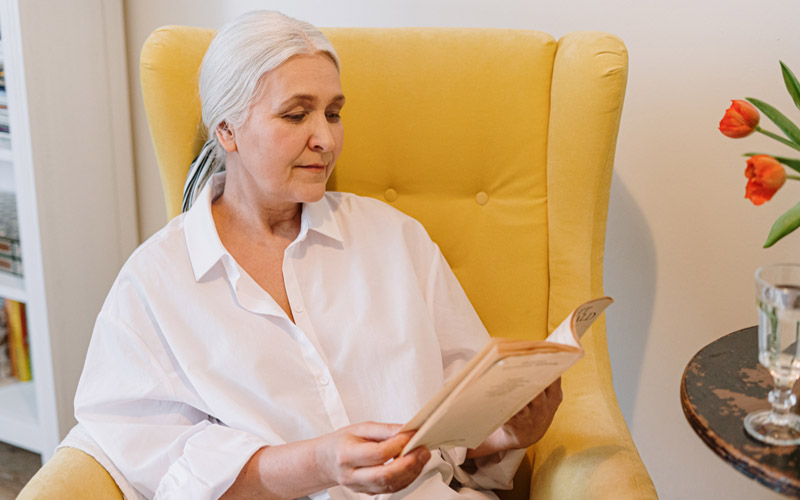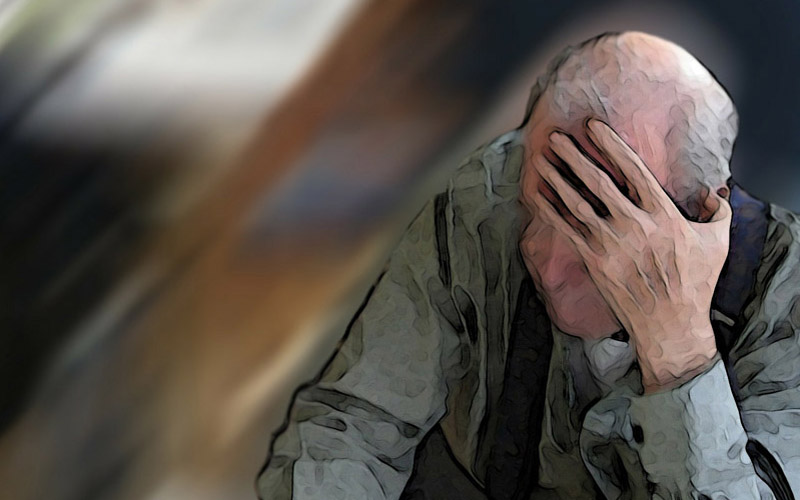End-of-Life Decisions… this is a hard subject for most.
Continue readingHome Care Addresses Social Isolation Worries
Casey Kasem’s Caregiving Fiasco – Prepare with End of Life Planning
The bizarre family feud over who should take care of Casey Kasem and make decisions about his care was played out publicly and legally for several years until his death this month. His 3 children from a first marriage and his second wife fought vehemently in both the media and the courts over who should be able to make decisions, who was able to visit him, who was ultimately responsible for his care. His wife went as far as secretly moving him out of California and not letting the rest of his family know where he was.
Most families, even if they disagree about care for a parent, won’t go to such extremes as Kasem’s family. But family conflict is common and we can use Casey Kasem as a reminder that it’s worth taking the time to talk to the people around you about what’s important for you at the end of your life, or even in your later years.
Families need to talk and to understand what their parents want to have happen or not happen. Everyone involved should be part of this conversation so there is less chance down the road of someone disagreeing about what he thought Mom would want. Talk now when there is no crisis pressuring a decision. The Conversation Project in Boulder County offers an easy-to-use guide to get your family talking about how they want the end of their lives to look.
Here is a brief video explaining the Conversation Project and end of life planning –
In Home Care Helps Seniors with Depression
Too many seniors grapple with isolation and depression, but these are not a normal parts of growing older. They are treatable medical illnesses, much like heart disease or diabetes. Depression is a serious illness affecting approximately 15 out of every 100 adults over age 65 in the United States.
Seniors experiencing feelings of depression and isolation have a higher risk of hospital admissions, as well as a higher risk for being scammed. Not to mention it makes for a miserable life.
So what can you do? Helping seniors stay healthy means more than ensuring they get good physical care. Individuals living alone miss out on the stimulation of interactions with others on a regular basis. Our caregivers serve that dual purpose of providing physical care and social connection. We enjoy our clients, building a relationship with them, and sharing the highs and lows of their days. Caregivers can laugh with their clients and be an empathetic ear. We make sure our clients are getting out of the house and attending events and activities that interest them.
Hiring a caregiver to help out, even for a couple of hours each week, brings conversation and spark along with the physical help. Caregivers are a good antidote for depression
.
Bringing Seniors the Quality Care They Deserve
We all realize that September 2013 will long be remembered by those in Boulder County and other communities along the Front Range. I, along with everyone at Dignity Care, wish all those who have had to deal with this huge upheaval in their lives, the courage and the strength to put the pieces of their lives back together, one step at a time.
For many of our senior citizens in Boulder County, the flood has greatly affected/changed their lives. Add to that the confusion about Medicare, Medicaid, Obama Care, and the recent chaos of our government, many seniors are feeling lost and in need of assistance. So, as Healthcare Professionals we must help our senior citizens deal with all the changes and educate them as to where help is available to them. Our county provides many senior resources that can really make a difference in their lives.
In the past few years, we are pleased to say, Dignity Care has experienced a tremendous growth spurt. Dignity Care owner, Mary Kirk and Dignity Care Director, Ruth Rowse, RN have gained the confidence of the senior community in Boulder County through their model of Case Management and heartfelt caregiving. We have appreciated this trust. We strive every day to bring quality care to those we serve to the highest possible levels.
We always feel honored to be of service to our clients. Along with our basic homecare services, Dignity Care also has Registered Nurses and Geriatric Case Managers that can help seniors in many ways – from something as simple as Medication Administration to the complexities of crisis intervention.
Let’s all keep working to provide our seniors with the wonderful care they deserve.
Dignity Care






